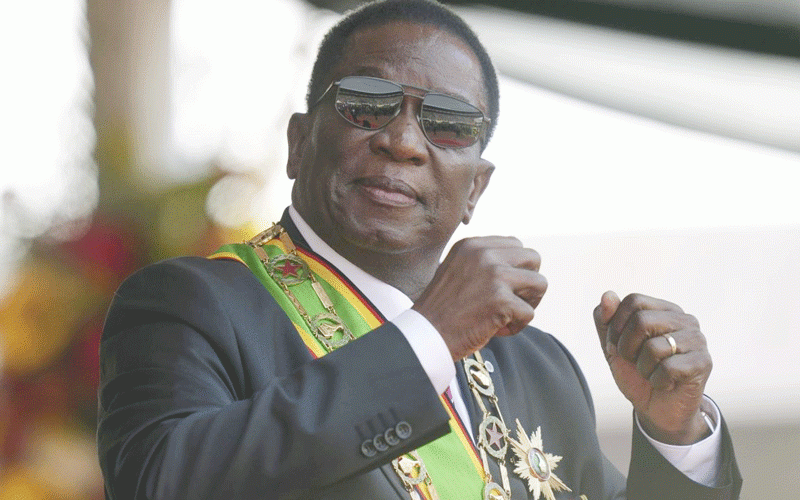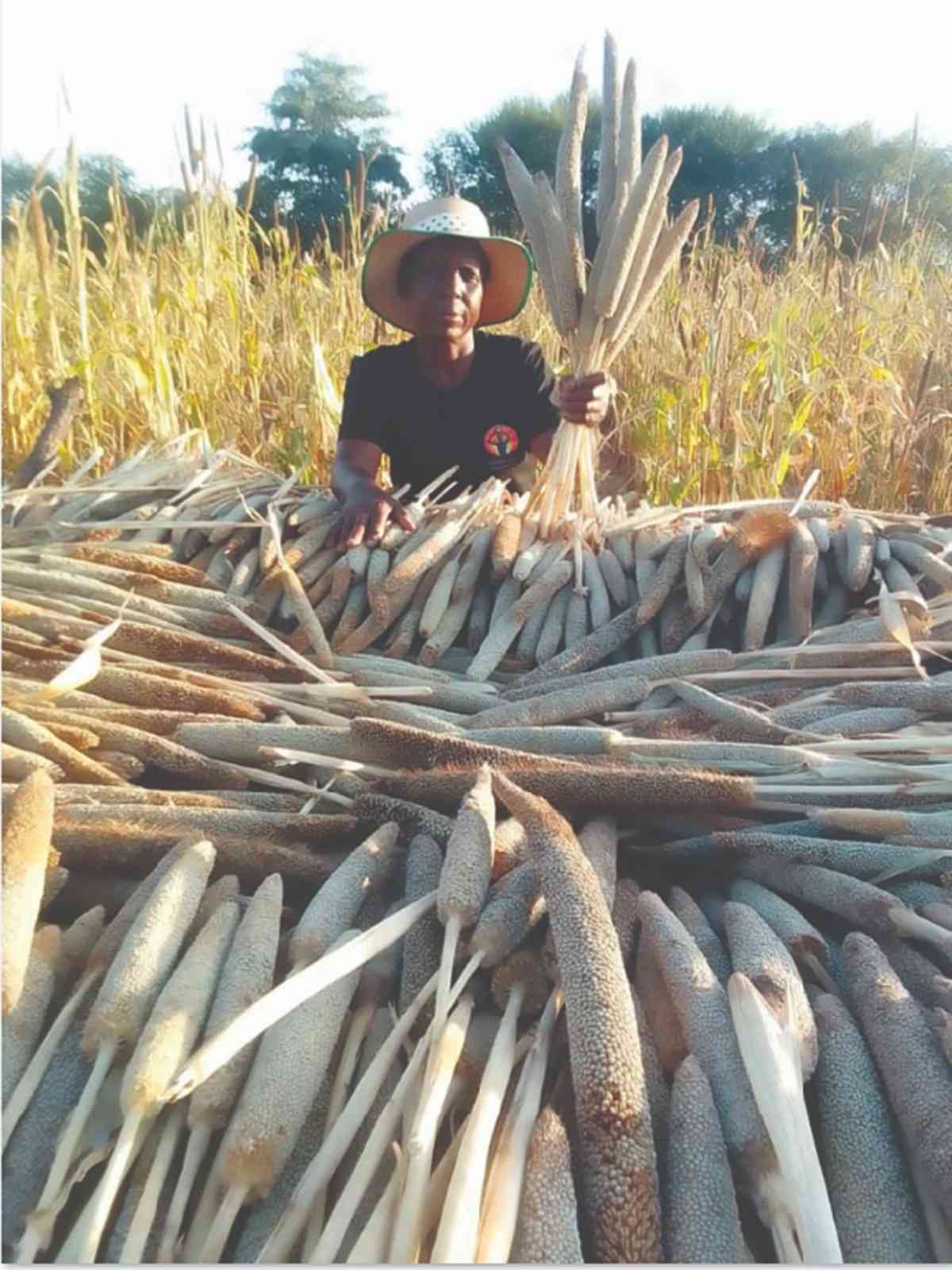
Former principal director in the office of the prime minister Samukele Hadebe, says 2023 has been another year of deferred hopes for Matabeleland, a region that has suffered years of marginalisation.
Hadebe said the region continued to face similar problems despite several false promises by the late Robert Mugabe and his successor Emmerson Mnangagwa.
Mnangagwa promised to ensure the Matabeleland Zambezi Water Project (MZWP), a long lasting solution to Bulawayo’s water woes, would come to fruition.
The project has missed several deadlines.
He also promised to address the Gukurahundi issue, but since 2017 when he assumed office via a coup, there has been little movement on finding closure to the mass killings.
Industries have continued to leave the city that was once regarded as the country’s industrial hub, leaving thousands of jobless youths in their wake.
Underdevelopment, poor roads, lack of social amenities, collapsing colonial era infrastructure as well as decay for the country’s second city of Bulawayo among other ills, continue to dog the region.
Also of major concern is the ‘systematic’ marginalisation of the region despite the vast mineral and natural resources resulting in widespread poverty, critics say.
- I will definitely win 2023 elections: Mwonzora
- We will rule forever: ED says
- Candid Comment: Monetary authorities living in a fool's paradise
- Measles death toll hits 650
Keep Reading
Many sons and daughters of the region have sought sanctuary in neighbouring South Africa, while other districts such as Tsholotsho and Plumtree have been virtually cut off from the national economy as they rely on Pretoria not only for goods and services but a trading currency.
Recently, self-imposed Citizens Coalition for Change (CCC) secretary general Sengezo Tshabangu recalled many legislators and councillors from Matabeleland.
Local CCC youths say the recalls are no different from Gukurahubdi.
Addressing journalists in Bulawayo Thursday last week, a spokesperson for the party’s Bulawayo Youth Task Force Pashor Raphel Sibanda said: “Indeed, we are aware of Gukurahundi but we will not allow the second Gukurahundi in our province.
“As young people, we are ready to defend, advance and secure the future of generations to come.”
Hadebe, who is also an academic and writer, said the year was ending with so much anxiety, especially among the youth who have no prospect of ever getting jobs.
“With a non-caring government many households will starve if not perish altogether,” Hadebe said.
“Politics has brought more anguish in 2023 and we also witness more and more co-option of those who were on the pro-democracy side crossing to the dictatorship.”
Hadebe said the region had suffered systematic neglect.
“In our case, it is an oppression and economic mismanagement by Zanu PF worsened by a legitimate crisis caused by repeated disputed elections,” he said.
“They are looting the country into extreme poverty and how could we expect the same to address the economic failure they caused?”
Zipra war veterans’ association secretary general Petrus Sibanda, said veterans of the liberation struggle were living miserable lives.
“With our age, deteriorating health and cumulative effects of war and post-war traumas, many cannot afford requisite health attention and are dying in droves,” Sibanda said.
Zpra was the military wing of Zapu during the armed struggle.
“Zpra veterans' legacy stretches to before independence. We had properties and liquidity.
“We managed our military as well as economic assignments,” he said. “Clarion calls to return these properties have been made to no avail.”
The government seized properties and war records belonging to Zpra at the height of Gukurahundi after accusing the opposition party and its ex-combatants of plotting to unseat it.
Among the seized records and materials are cassettes with original recordings of Zapu war songs.
Zimbabwe Congress of Trade Union secretary general, Japhet Moyo, said poverty stalked the generality of the Matabeleland population.
Gwanda Residents Association chairperson, Collet Moyo, said the region was paying the price for poor leadership at the national level.
“National politics should benefit the nation and all regions equally, not certain individuals,” Moyo said.
“The spirit of nationalism has been lost.”









